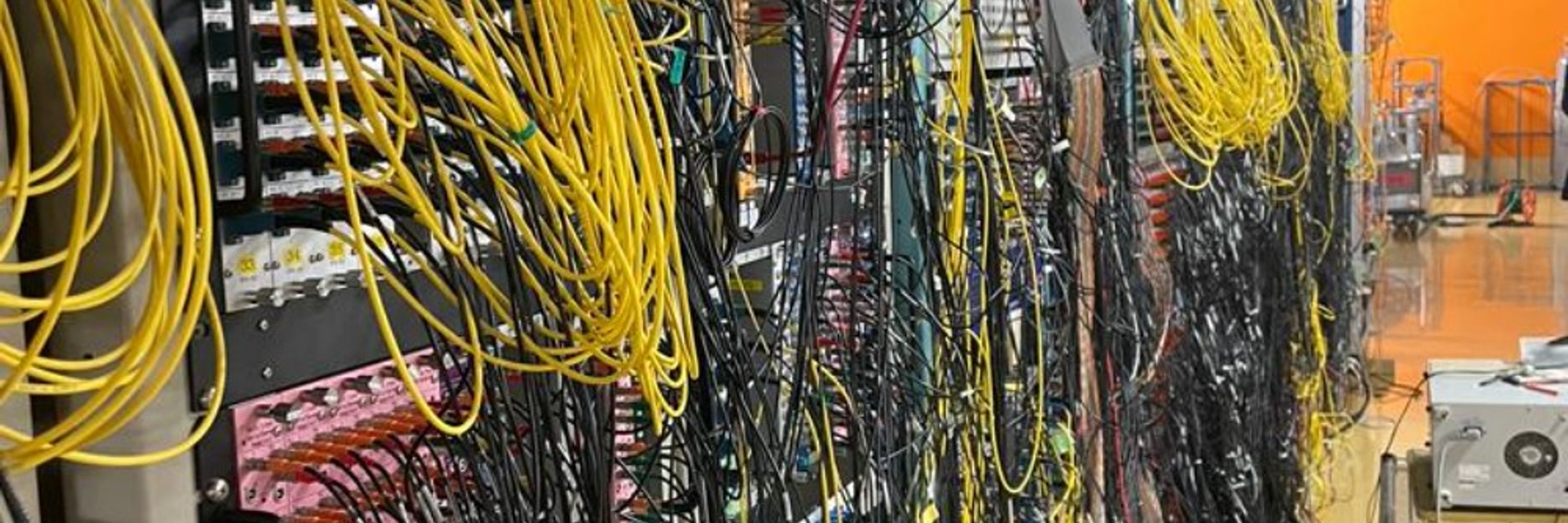
in terms of how we see/treat different faces as similar/different to each other, there seems to be tradeoff: better models are LESS human-like
so they already work in some 'alien' ways...
osf.io/preprints/ps...
🧠📈🧠🤖🧠💻


time.com/7357635/more...

time.com/7357635/more...
gershmanlab.com/textbook.html
It's a textbook called Computational Foundations of Cognitive Neuroscience, which I wrote for my class.
My hope is that this will be a living document, continuously improved as I get feedback.
gershmanlab.com/textbook.html
It's a textbook called Computational Foundations of Cognitive Neuroscience, which I wrote for my class.
My hope is that this will be a living document, continuously improved as I get feedback.
In 100 articles we found 244 different ways of scoring it, 177 were never reused. Correlations between them range -.99 to .99.
At the same time, we show meta-analyses combine these results as if they’re equivalent.
In 100 articles we found 244 different ways of scoring it, 177 were never reused. Correlations between them range -.99 to .99.
At the same time, we show meta-analyses combine these results as if they’re equivalent.


today's blog post, critiquing @matthiasmichel.bsky.social and @hakwan.bsky.social -- link in comments

By @lyrebard.bsky.social
#neuroskyence
www.thetransmitter.org/brain-imagin...

By @lyrebard.bsky.social
#neuroskyence
www.thetransmitter.org/brain-imagin...
erictopol.substack.com/p/spotlight-...

#neuroskyence #StateOfNeuroscience
www.thetransmitter.org/neuroscience...

The ARC “did not respond to questions about the reasons for the length of the delays or on how the changes will affect researchers’ planning”.
I reckon they haven’t thought that far ahead.
The ARC “did not respond to questions about the reasons for the length of the delays or on how the changes will affect researchers’ planning”.
I reckon they haven’t thought that far ahead.
www.thetransmitter.org/brain-imagin...

www.thetransmitter.org/brain-imagin...

www.biorxiv.org/content/10.6...

www.biorxiv.org/content/10.6...
Local-global functional gradients of the thalamus capturing different aspects of thalamic structure and function
doi.org/10.1162/IMAG...

Local-global functional gradients of the thalamus capturing different aspects of thalamic structure and function
doi.org/10.1162/IMAG...
Been waiting for this one for a while! Congrats @annaschapiro.bsky.social @neurozz.bsky.social

Been waiting for this one for a while! Congrats @annaschapiro.bsky.social @neurozz.bsky.social
#Alzheimers #dementia #science #neuroscience #NeuroSkyence

Pre-print:
osf.io/preprints/ps...
Paper: www.sciencedirect.com/science/arti...

Pre-print:
osf.io/preprints/ps...
Paper: www.sciencedirect.com/science/arti...


